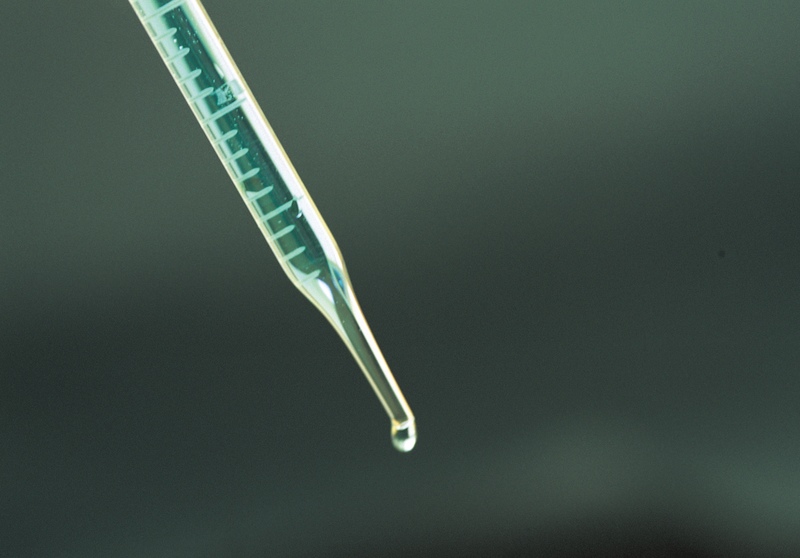Here are some of the latest health and medical news developments, compiled by the editors of HealthDay:
McDonalds Withdraws Fitness Trackers From Happy Meals
Reports of skin irritations have led McDonald’s to remove fitness trackers from Happy Meals.
“We have taken this swift and voluntary step after receiving limited reports of potential skin irritations that may be associated from wearing the band,” company spokeswoman Terri Hickey said in the statement to CNN.
“Nothing is more important to us than the safety of our customers and we are fully investigating this issue,” Hickey added.
The company did not reveal the exact number of skin problems linked with the wrist-worn fitness trackers that measure steps and blink slowly or quickly depending on the wearer’s pace, CNN reported.
McDonald’s decision to include the brightly colored fitness trackers with Happy Meals had spurred controversy, with critics calling it a marketing strategy rather than an attempt to boost kids’ health.
—–
DNA Database Helps Scientists Detect Genetic Errors That Cause Disease
Scientists are using a huge database of human DNA to detect slight errors that cause rare diseases.
Most of the diseases are caused by a single malfunctioning gene and are so rare that the general public has never heard of them. But there are thousands of such disorders and in total they affect about 1 percent of births, the Associated Press reported.
The database includes genetic codes from more than 60,000 people and more than two dozen studies. It went online in 2014 and has been consulted more than 5 million times, according to Daniel MacArthur, of the Broad Institute in Cambridge, Mass. and Massachusetts General Hospital.
Improved accuracy in pinpointing the genetic cause of a disease provides a “clear and direct benefit to patients,” he told the AP.
MacArthur is senior author of an analysis by researchers who compiled the database. The analysis was published Wednesday in the journal Nature.
—–
FDA Fast-Tracks ‘Party Drug’ Ketamine as Possible Depression Treatment
The experimental drug esketamine (also known as ketamine) has been placed on the fast track for U.S. Food and Drug Administration approval for treating major depression, according to Janssen Pharmaceutical.
Ketamine — perhaps best known as a street drug — is listed by the World Health Organization as an important anesthetic and has been used off-label for pain, anxiety, depression and post-traumatic stress disorder, CNN reported.
In 1970, the drug received FDA approval for use in people and was used on American soldiers in Vietnam as an analgesic and sedative. However, doctors became reluctant to use it because it caused minor hallucinogenic side effects.
If the new use gets the go-ahead from the FDA, it would be the first new treatment for major depression approved in about half a century, according to CNN.
Copyright © 2026 HealthDay. All rights reserved.

